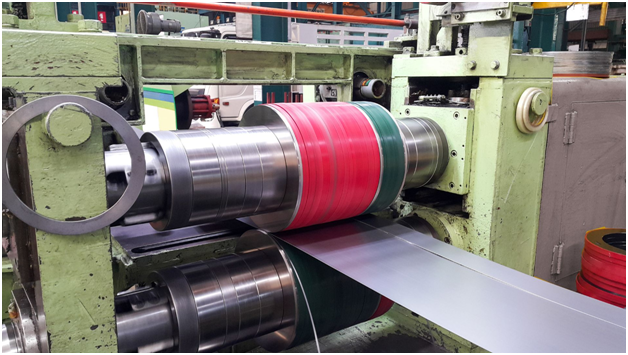
Toll processing, also known as tolling, in the steel industry refers to a business arrangement where a steel mill or a processing facility processes raw materials or semi-finished products on behalf of a customer, who retains ownership of the materials throughout the process. The customer, often a steel producer or a metal fabricator, provides the raw materials to the toll processor, who then performs specific manufacturing operations, such as cutting, slitting, shearing, shaping, or coating, to transform the materials into desired products.
Toll processing offers several benefits to customers. Firstly, it allows them to leverage the specialized capabilities and equipment of the toll processor without having to invest in additional infrastructure themselves. This is particularly useful for smaller companies that may not have the resources or capacity to carry out certain processing operations in-house.
Secondly, toll processing enables customers to focus on their core competencies, such as steel production or fabrication, while outsourcing specialized processes to experts. This can lead to increased efficiency and cost savings.
Additionally, toll processing can provide flexibility to customers in managing fluctuations in demand or production requirements. Instead of maintaining excess capacity during periods of low demand, they can rely on toll processors to handle the additional workload when needed.
Throughout the toll processing arrangement, the customer retains ownership of the materials and is typically responsible for marketing and selling the finished products. The toll processor charges a fee for the processing services rendered, which can be based on various factors such as the volume of materials processed, the complexity of the operations, and the duration of the processing.
Overall, toll processing in the steel industry offers a mutually beneficial arrangement where customers can access specialized processing capabilities, increase operational efficiency, and respond to market demands effectively, while toll processors can utilize their expertise and equipment to generate revenue by providing value-added services.
